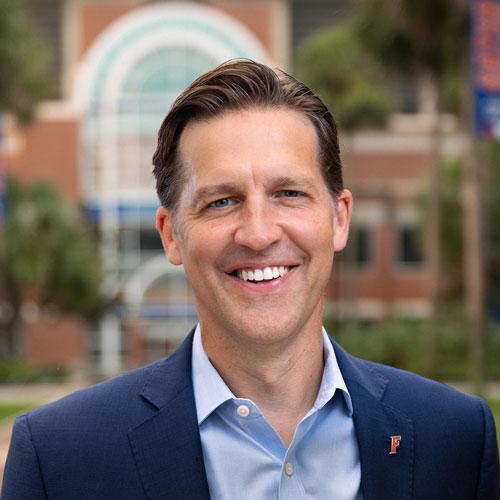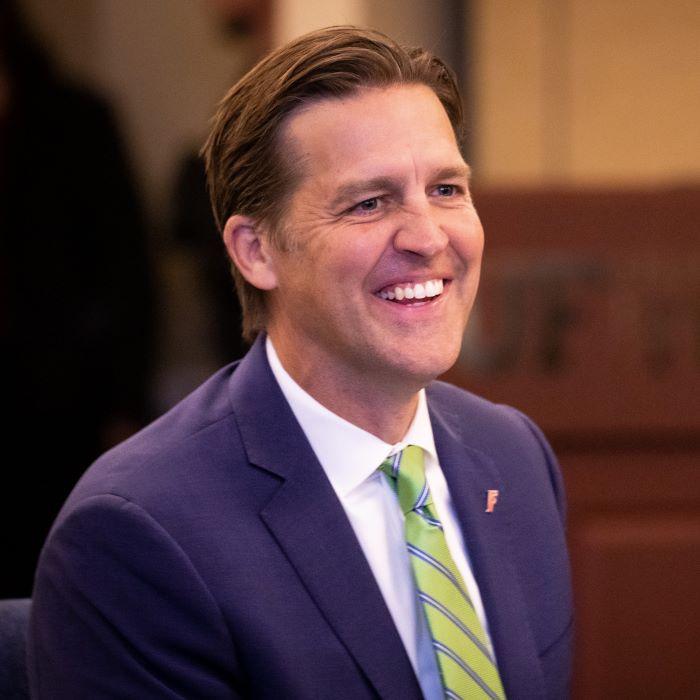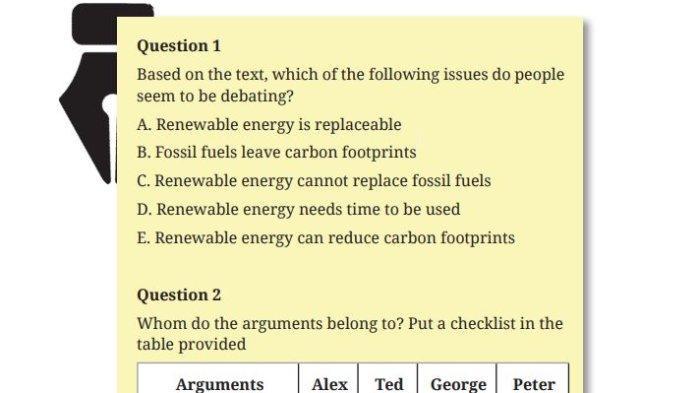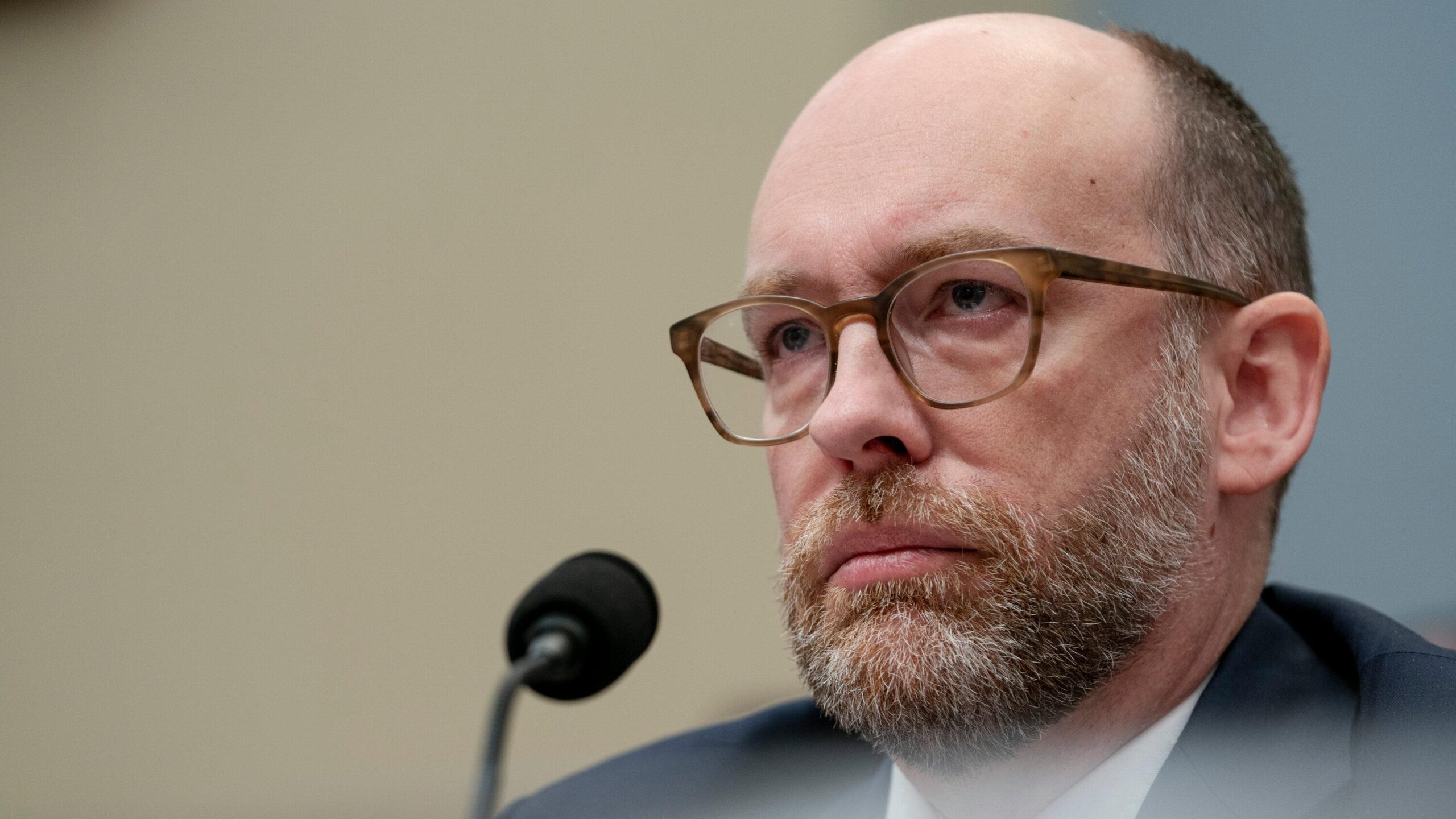In the realm of academia and leadership, the recent resignation of Ben Sasse as President of the University of Florida has stirred curiosity and sparked a wave of speculation. Behind the headlines and official statements, there lies a tale that begs to be unraveled—a narrative that will shed light on the reasons that propelled this unexpected departure.

Ben Sasses Resignation: Analyzing the Reasons Behind a Controversial Decision
Why Did Ben Sasse Resign as President of the University of Florida?
There are a few reasons that have been speculated as to why Ben Sasse resigned as president of the University of Florida. Some say the reasons were political while other sources say the reasons were personal.
Political reasons: Sasse is a Republican who has been critical of the Biden administration. Some have speculated that he resigned because he was frustrated with the direction of the country and wanted to be more involved in politics.
Personal reasons: Sasse has said that he resigned because he wants to spend more time with his family. He has also said that he wants to focus on his writing and speaking career.
It is not clear which of these reasons is the main reason for Sasse’s resignation. However, it is likely that a combination of factors led to his decision.
Seeking Clarity: Exploring the Factors That Influenced Sasses Departure from UF
Ben Sasse’s departure from the University of Florida was met with surprise and speculation. While Sasse has not explicitly stated his reasons for leaving, several potential factors may have contributed to his decision.
Political Differences: Sasse’s conservative political views are well-known, and he has been a vocal critic of the Biden administration’s policies. Some speculate that the increasing political polarization on campus and in the state of Florida may have made it more challenging for him to lead effectively.
Political Views: | Evidence:
Conservative,Criticized Biden administration, voted against impeachment
Pro-life,Supported restrictions on abortion
Recommendations for Navigating Conflict and Building Consensus in Higher Education
Navigating Conflict and Building Consensus
Diverse perspectives in higher education can lead to conflict. To resolve these conflicts and build consensus, consider the following recommendations:
Foster Open Communication: Establish platforms for respectful discourse, where different viewpoints are valued. Encourage active listening, empathy, and a willingness to understand opposing perspectives.
Engage in Collaborative Problem-Solving: Involve diverse stakeholders in identifying and addressing conflicts. Facilitate facilitated discussions that explore underlying interests, seek common ground, and develop mutually acceptable solutions.
Key Takeaways
As the dust settles, the reasons behind Ben Sasse’s departure from the helm of the University of Florida remain a matter of conjecture, lost in the corridors of academe. Some point to political machinations, others to higher ambitions, while the true impetus may forever elude us. Regardless, the echoes of the enigmatic exodus will likely linger, leaving behind a legacy of questions and the lingering scent of intrigue.


